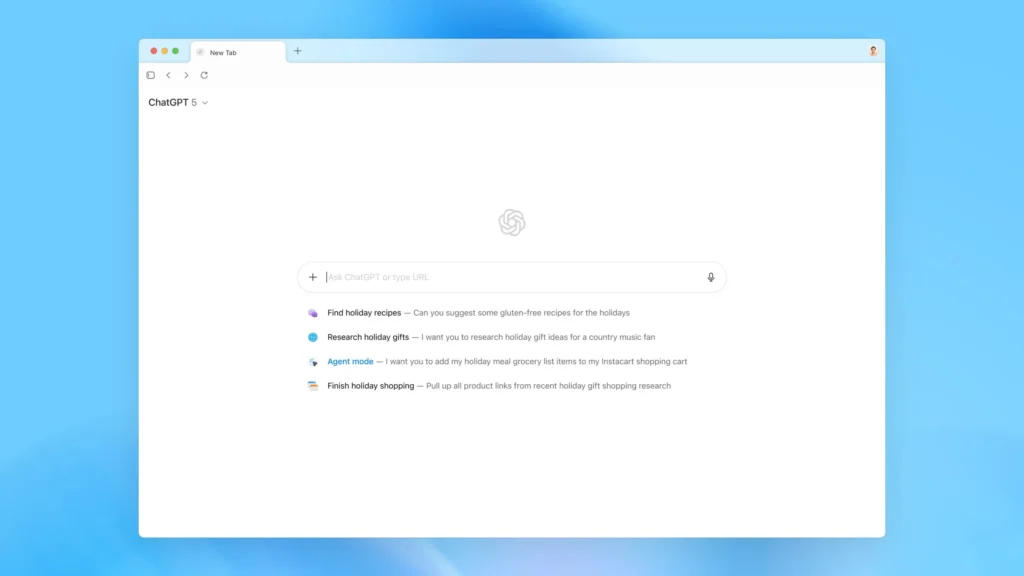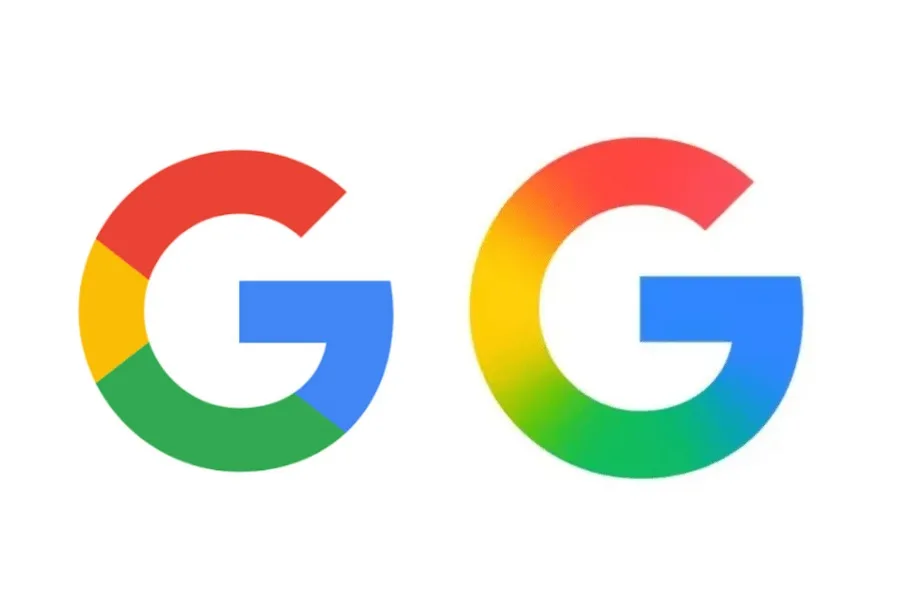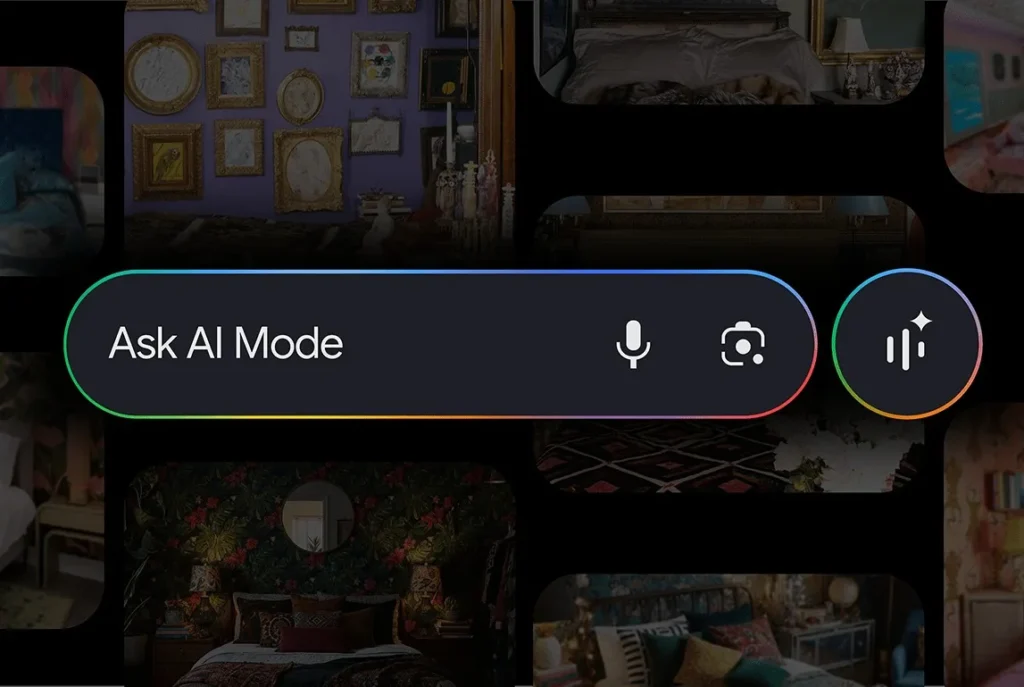OpenAI takes a significant step in the web browser world with the launch of ChatGPT Atlas, an AI-powered browser.
Available now on macOS, ChatGPT Atlas will soon be released for Windows, iOS, and Android, according to the company. This announcement follows months of speculation suggesting that OpenAI was developing a browser to compete with Google Chrome.
The official announcement was made by Sam Altman, CEO of OpenAI, during a global livestream on Tuesday. “We envision a future where the internet browsing experience is as smooth and natural as a conversation,” Altman stated.
ChatGPT Atlas: A browser reimagined around ChatGPT and AI
ChatGPT Atlas integrates the company’s chatbot directly into its interface. By default, search results are displayed in a split-screen format: on the left, the webpage, and on the right, the ChatGPT conversation — a sort of intelligent, permanent companion.
Users can disable this view at any time.
Atlas also features several unique functions:
- a “agent” mode that allows ChatGPT to perform tasks for you (book a flight, edit a document, fill out a form, etc.),
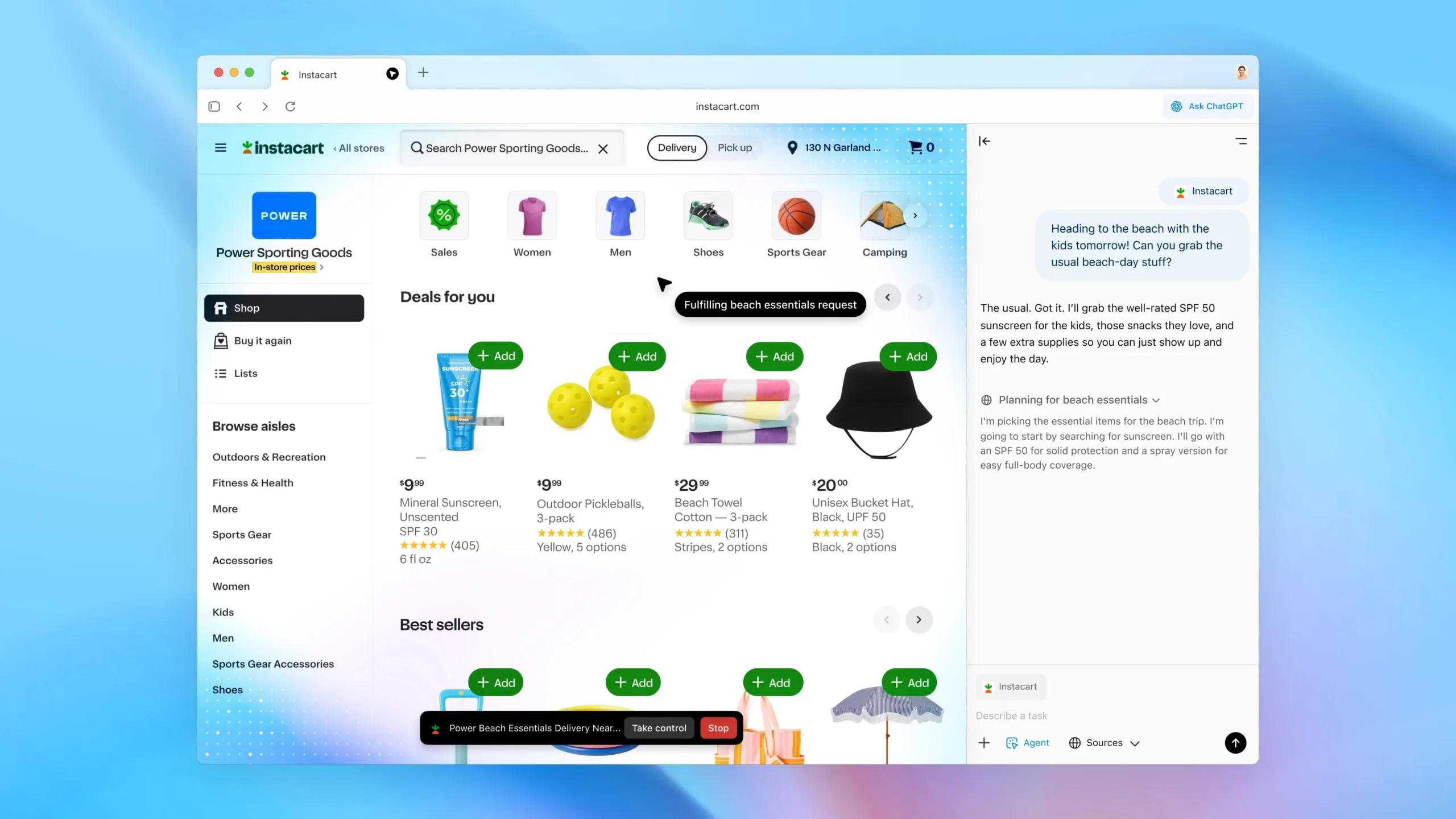
- a memory function to remember your preferences, browsing history, and habits,
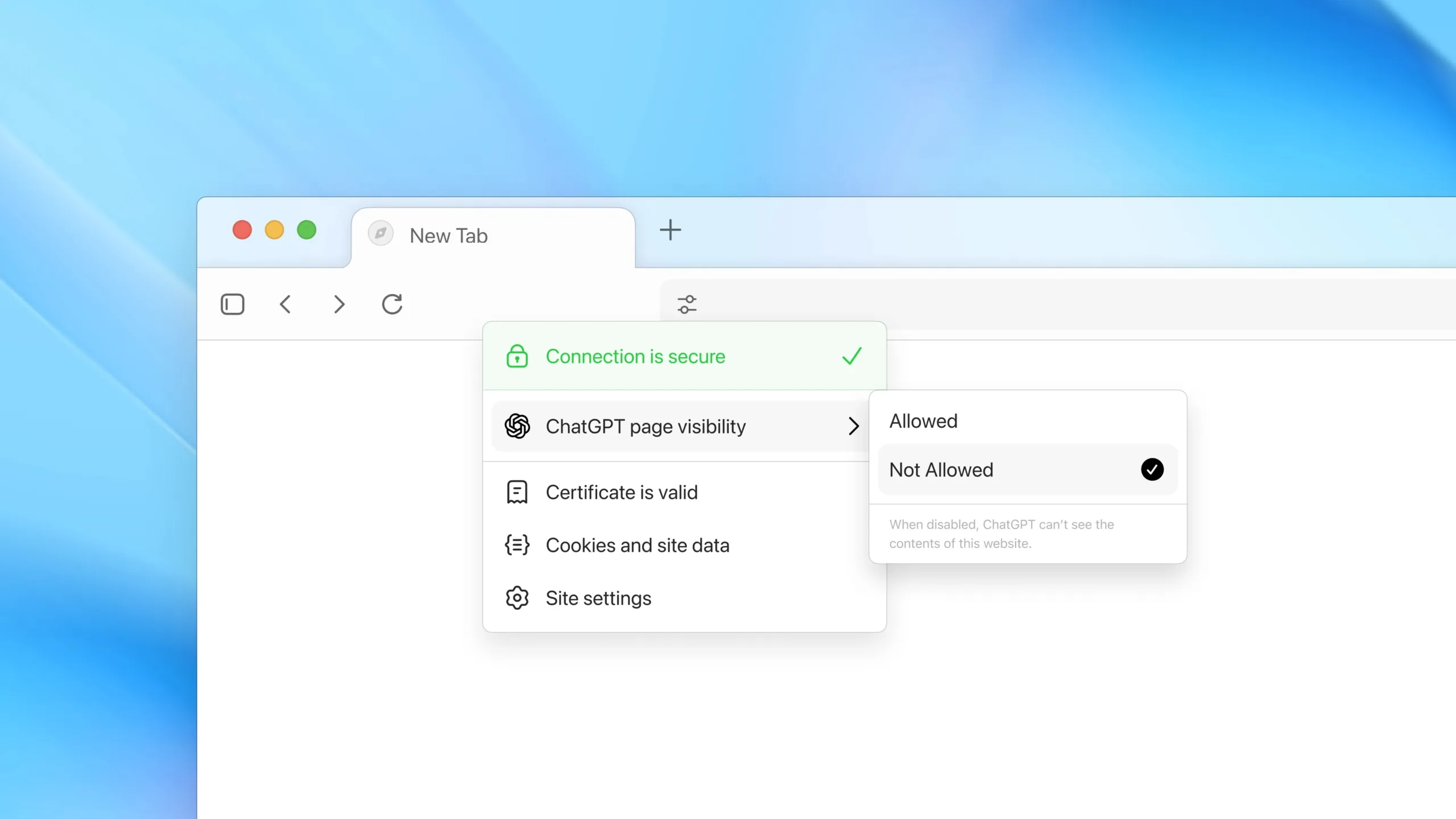
- an incognito mode to block any data saving,
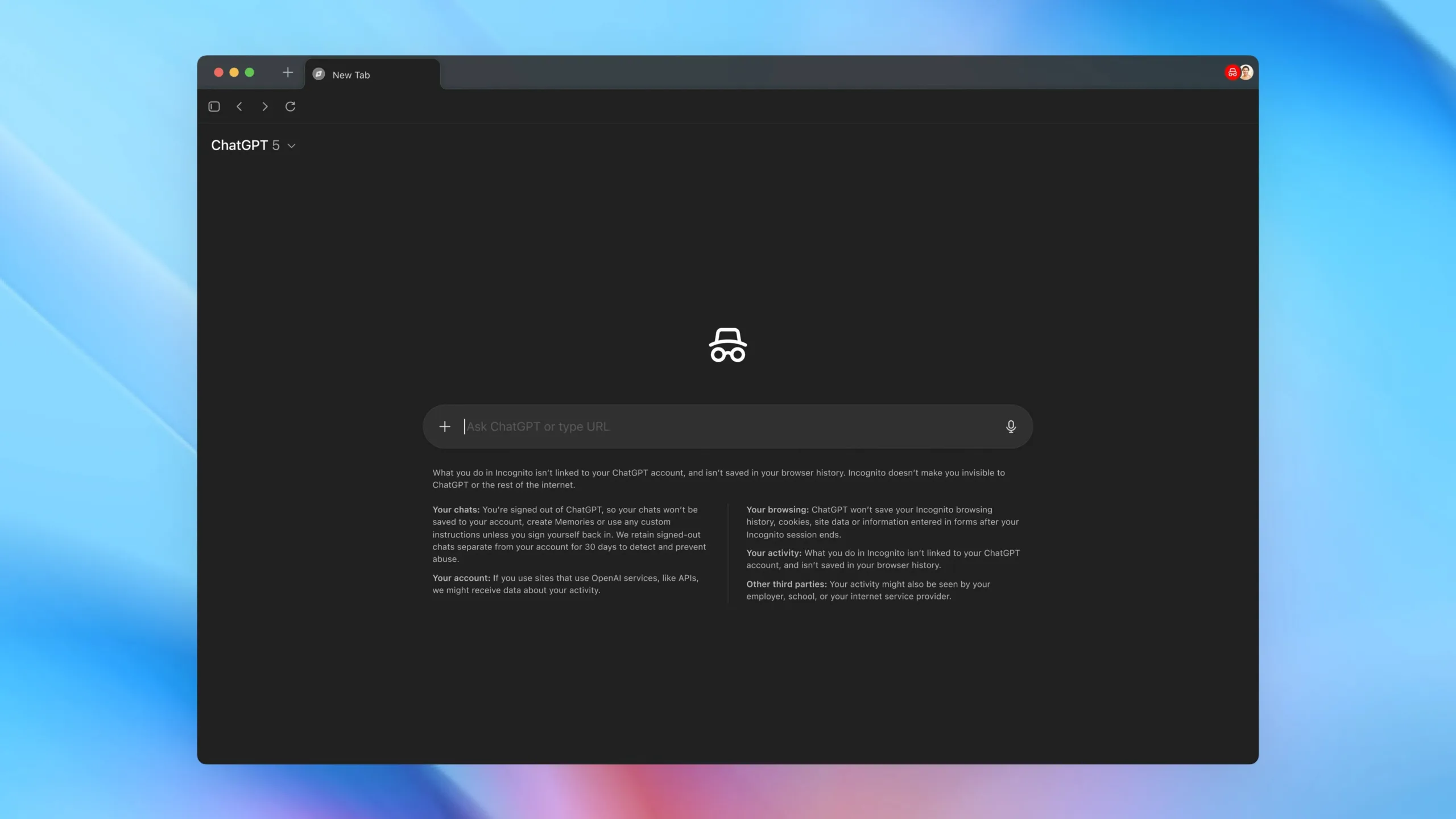
- and a new “cursor chat” option that allows you to select text in an email or document and rewrite it instantly using AI.
An inheritance from Chrome and Firefox
The development of ChatGPT Atlas involved several veterans from Silicon Valley, including Ben Goodger, a former engineer from Google Chrome and Mozilla Firefox, and Justin Rushing, a former designer at Apple.
The interface is designed to be fast, fluid, and minimalist, while the core of the browser is based on Chromium, the same framework as Chrome, Edge, and Opera. The agent mode, allowing ChatGPT to act autonomously, is currently available only to ChatGPT Plus and Pro subscribers.
The AI Browser War Intensifies
The arrival of ChatGPT Atlas confirms that the “AI browser war” has officially begun.
- Perplexity recently unveiled its Comet browser, designed as a “response engine” rather than a traditional search engine.
- Google is gradually integrating Gemini into Chrome, with automated planning and purchasing features set to arrive soon.
- Opera, on its part, has repositioned its browser around generative AI.
OpenAI thus joins the battle with a clear vision: to transform the browser into an intelligent personal assistant capable of understanding, acting, and learning over time.
A New Era of Browsing
By unifying search, chat, and automation into a single interface, ChatGPT Atlas could herald the beginning of a new generation of browsers — more contextual, proactive, and “human-like.”
“It’s a browser that is simply enjoyable to use: fast, fluid, and most importantly, intelligent,” summarized Sam Altman during the presentation.

